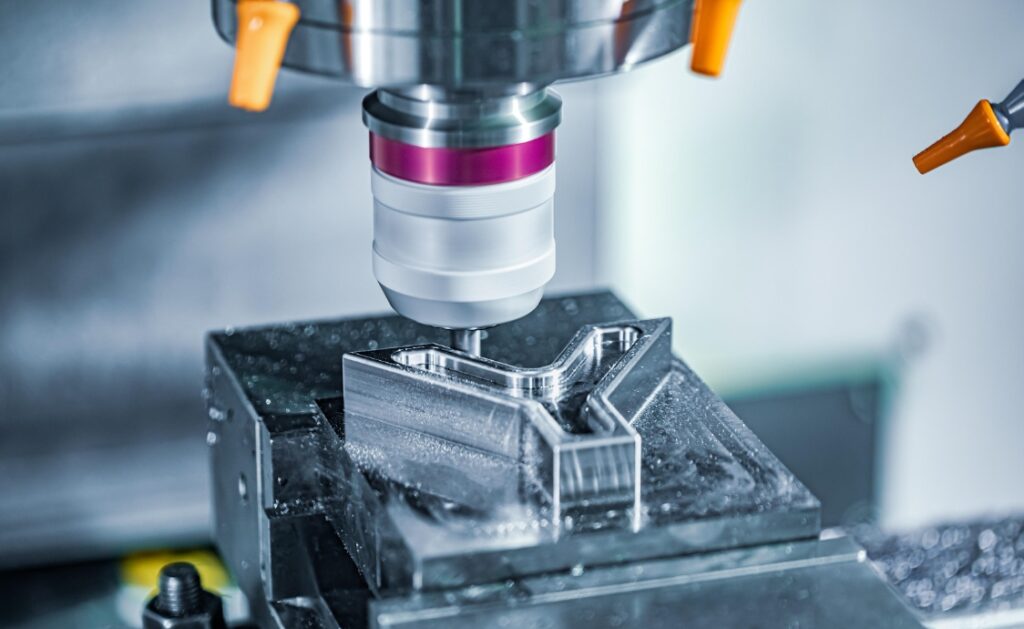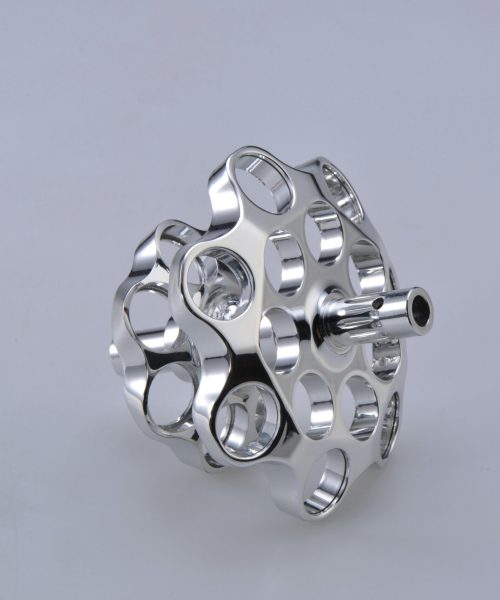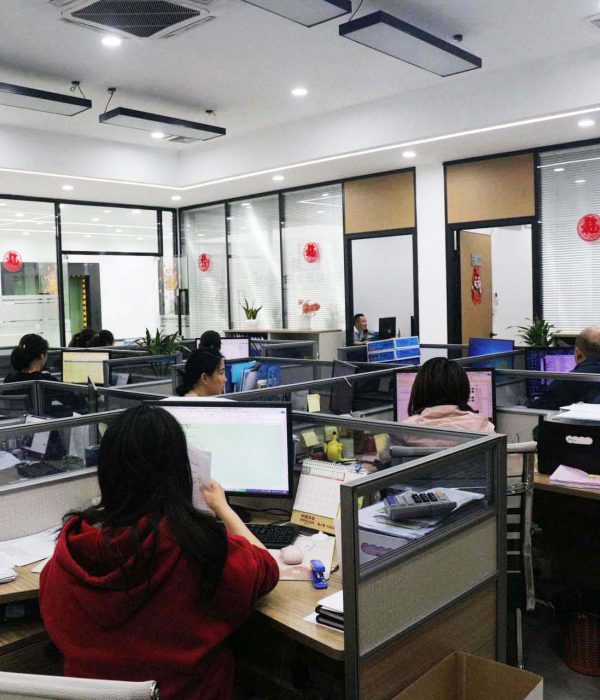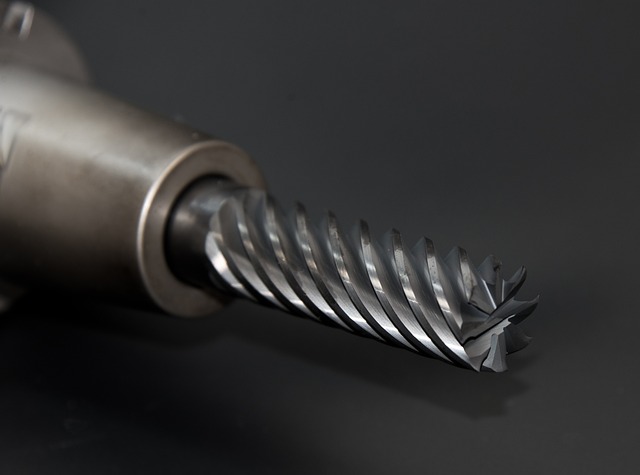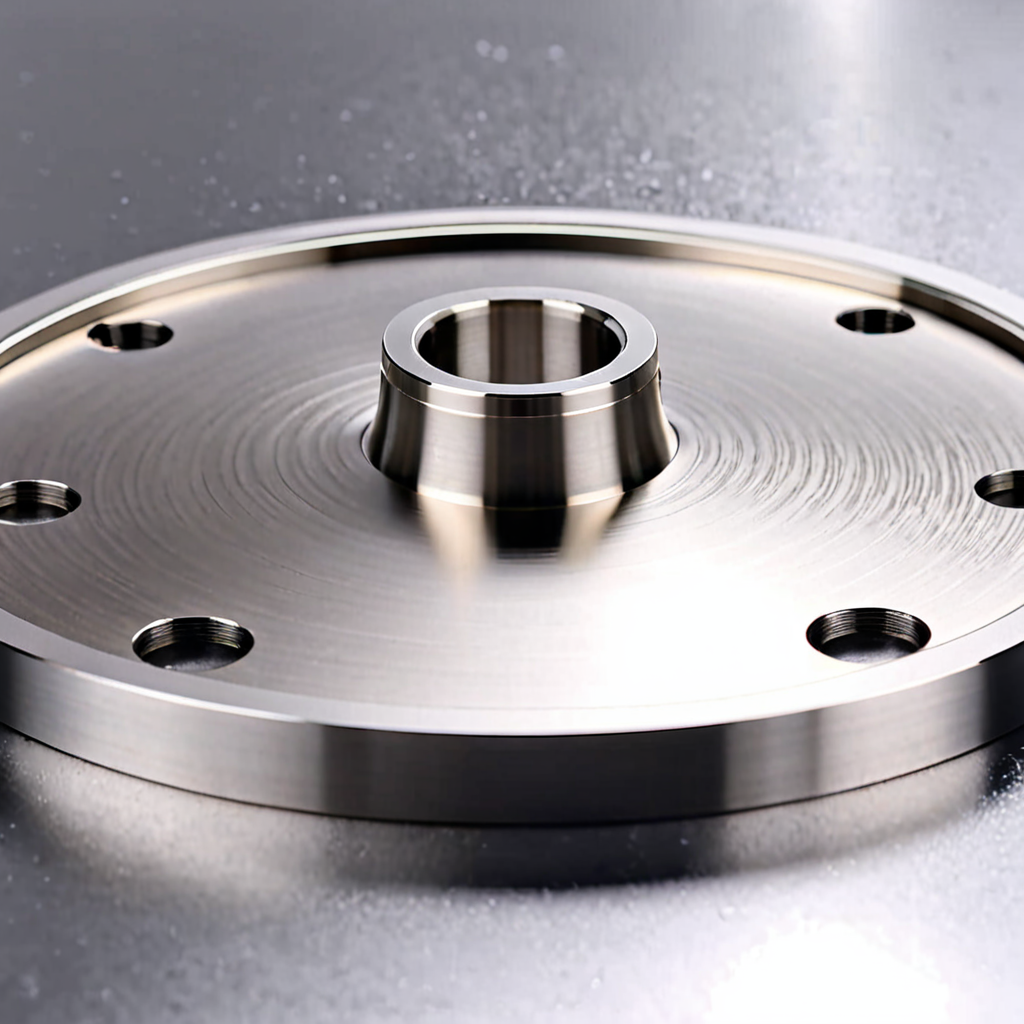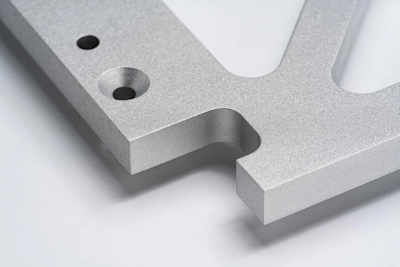When contemplating manufacturing options, understanding the cost of CNC machining is crucial. Common questions include, “How much does CNC machining cost?” and “What is the average machining cost per hour?” These questions have varying answers based on numerous factors. At GCH Process, we strive to provide value-driven services that cater to all budgets without compromising on quality. Here, we delve into the factors influencing the cost of CNC machining.
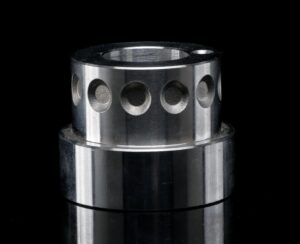

What is CNC Machining?
Computer Numerical Control (CNC) machining is a technology utilized across various industries, from aerospace and electronics to medical and agriculture. This precise machining method employs sophisticated computer software to control machine tools. A design program, such as AutoCAD or SolidWorks, creates a 3D model of the part to be machined. The CNC machine then follows this digital blueprint to cut, shape, and drill materials with high accuracy. CNC machining works with various materials, including metal, wood, and plastic. At GCH Process, we use CNC machining to produce parts of different sizes and complexities, always ensuring high-quality results that meet our clients’ specifications.
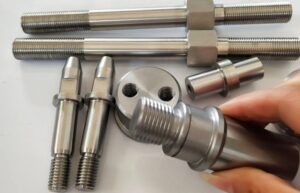

How Much Does CNC Machining Cost?
Calculating CNC machining costs is complex, influenced by multiple variables. Unlike a simple commodity, a CNC-machined part’s price varies significantly based on project specifics. The cost of a typical CNC machine ranges from $20,000 for basic models to over $150,000 for advanced 5-axis machines. This price excludes operation, labor, maintenance, and material costs.
Factors Affecting CNC Machining Costs
Understanding the factors influencing CNC machining costs can help in planning projects efficiently. Key elements include:
- Type of Machine Used: The sophistication of the machine impacts costs. For instance, a 5-axis CNC machine, offering more versatility, can cost more to operate than a 3-axis machine.
- Material: Harder materials like stainless steel or titanium are more challenging to work with than softer materials like aluminum or plastic, thus increasing costs.
- Complexity of Part: More complex parts require more time, effort, and resources, increasing costs. This includes the precision required and the number of unique features on the part.
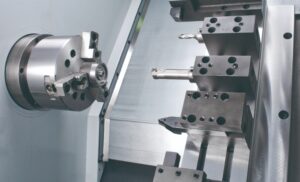

- Volume: Higher volume orders often have a lower per-unit cost due to economies of scale.
- Labor Costs: The expertise and time of engineers, programmers, and machine operators contribute to the overall cost.
- Production Volume: Larger volumes generally result in lower unit costs, while smaller volumes might have higher unit costs due to setup costs.
- Supplier Selection: Different suppliers have distinct pricing structures based on their operational costs, machinery quality, and business model.
- Geographic Location: Regional differences in labor and energy costs affect تكاليف التصنيع الآلي باستخدام الحاسب الآلي CNC.
- Tooling Life: The longevity of tools used in the CNC process impacts costs. Frequent replacements increase overall costs.
- Lead Time: Short lead times might require expedited processes, increasing costs.
- Design Modifications: Changes to the design during the process can result in additional costs due to extra programming, setup, or new tooling.
- Industry Standards and Regulations: Compliance with stringent standards in industries like aerospace or medical can require additional validation and documentation, increasing costs.
- Quality Requirements: Higher precision might necessitate slower machining speeds or advanced machinery, driving up costs.
- Machining Time: Longer machining times increase costs, influenced by part complexity and material hardness.
- Tooling and Fixturing: Custom tooling or fixturing needed for the part adds to the overall cost.
- Surface Finish Requirements: Specific surface finishes can increase costs. GCH Process offers a wide range of surface finishing services to meet project needs.
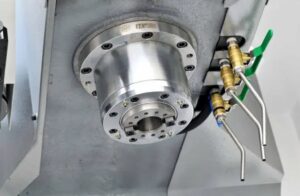

Tips to Reduce CNC Machining Costs
Here are some strategies to optimize CNC machining processes and reduce costs without compromising part integrity:
- Simplified Design: Minimize complexity in designs to require fewer operations and less machining time.
- Material Selection: Opt for cost-effective materials that meet project requirements.
- High Volume Orders: Larger orders can distribute setup and programming costs across more parts, reducing the per-unit cost.
- Avoid Unnecessary Precision: Specify only the necessary tolerances to avoid extra costs.
- Use Standard Sizes and Tolerances: Utilizing standard tool sizes and tolerances reduces costs.
- Optimize for Machinability: Design with the machining process in mind to keep costs down.
- Minimize Material Waste: Optimize part layout within raw material to reduce waste and save costs.
- Consider Alternative Manufacturing Methods: Explore other processes like precision stamping or additive manufacturing if more suitable and economical.
- Post-Machining Operations: Skip non-critical finishing processes to save costs.
- Consolidate Orders: Combine orders with one supplier to reduce logistics costs and obtain volume discounts.
CNC Cutting Cost vs. CNC Machining Cost
While both CNC machining and cutting involve computerized control, they differ in application and costs. CNC cutting uses processes like laser, plasma, or waterjet cutting and is often used for flat sheets of metal. CNC machining involves a rotating cutting tool to create complex three-dimensional parts. Costs for both vary based on project complexity, materials, and machine time.
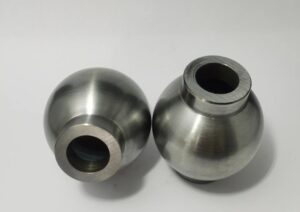

CNC Lathe vs. CNC Milling
CNC lathes and CNC milling machines have distinct differences. Lathes perform turning operations where the cutting tool moves linearly while the workpiece rotates, suitable for symmetrical shapes. Milling involves rotating the cutting tool while the workpiece remains stationary, allowing for complex geometries and features.
Best Choice for Your CNC Machining Project
At GCH Process, we offer affordable, high-quality CNC machining services with advanced machinery, including 5-axis CNC machines. Our services cater to various industries, providing cost-effective solutions for high-quality CNC machined parts. We deliver prototypes within three working days and support both small batch and mass production.
الخاتمة
Understanding the factors affecting CNC machining costs helps in making informed decisions and potential cost savings. Partnering with a reliable CNC machining supplier like GCH Process ensures projects stay within budget without compromising on quality. Contact us to start your CNC machining project.
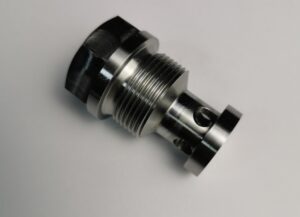

Frequently Asked Questions
- Why is CNC machining expensive? CNC machining is often viewed as expensive due to high machinery costs, skilled labor requirements, and detailed programming.
- What is the average price of a milling machine? Prices vary greatly; basic units start from a few thousand dollars, while advanced machines can exceed $100,000.
- How do you price CNC services? CNC services are priced based on part complexity, material type, machining time, and post-processing requirements.
- Is CNC machining easy? CNC machining requires specialized knowledge and skills, including programming and machine operation.
- How much does CNC machining cost per hour? Costs range from around $50 to several hundred dollars per hour, depending on various factors.

